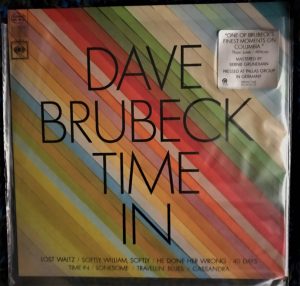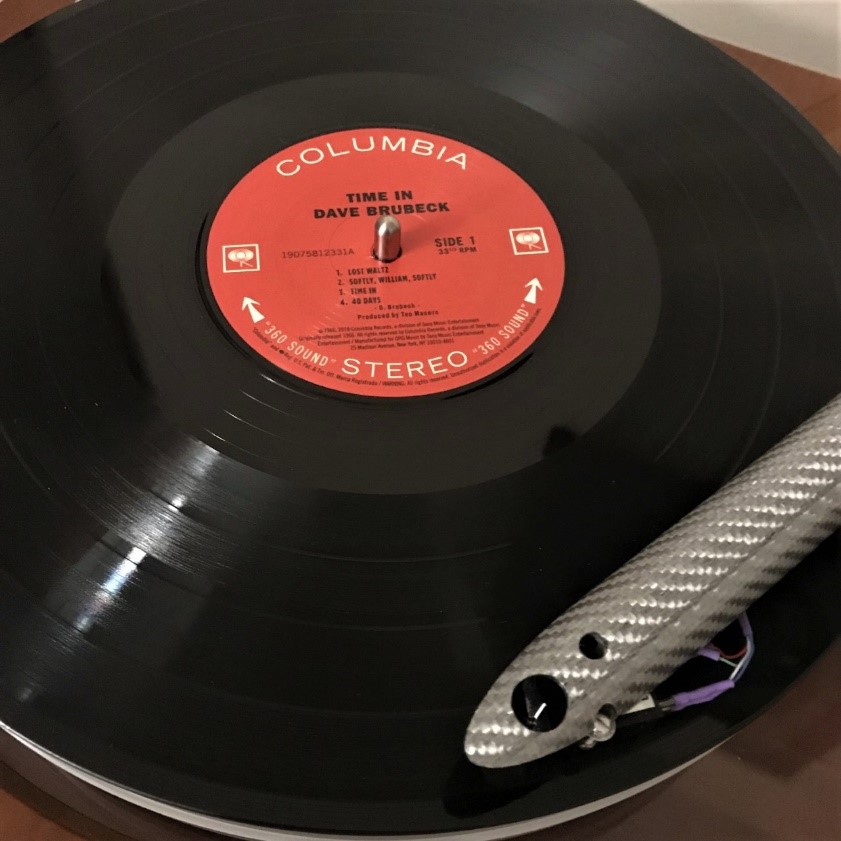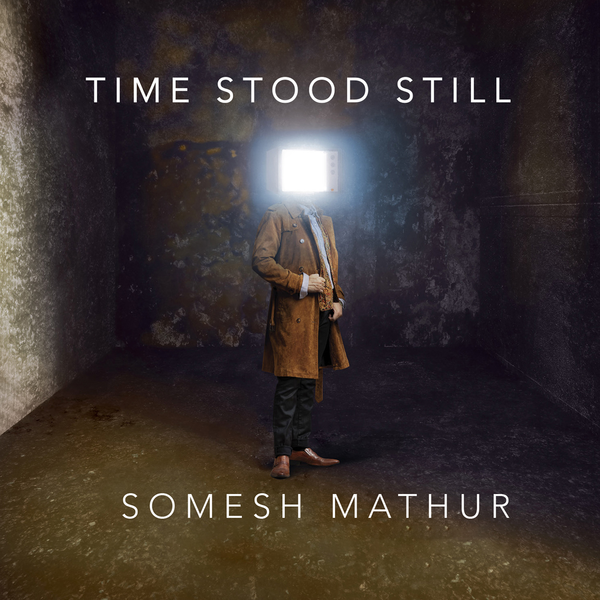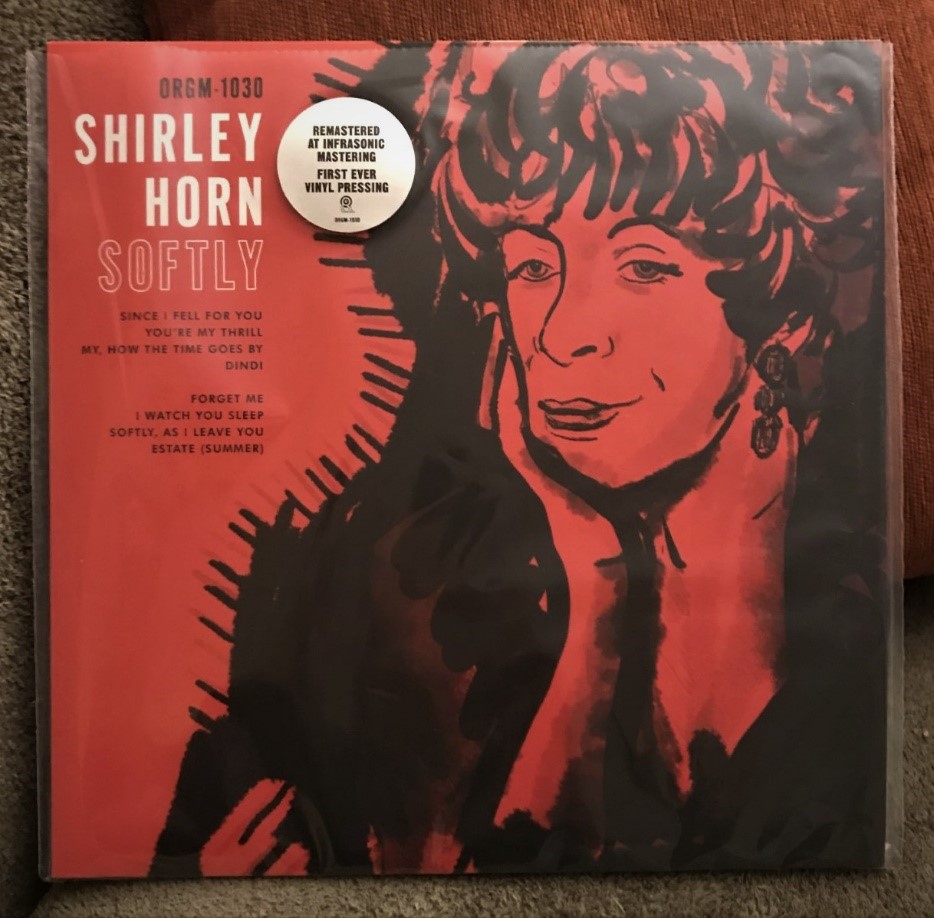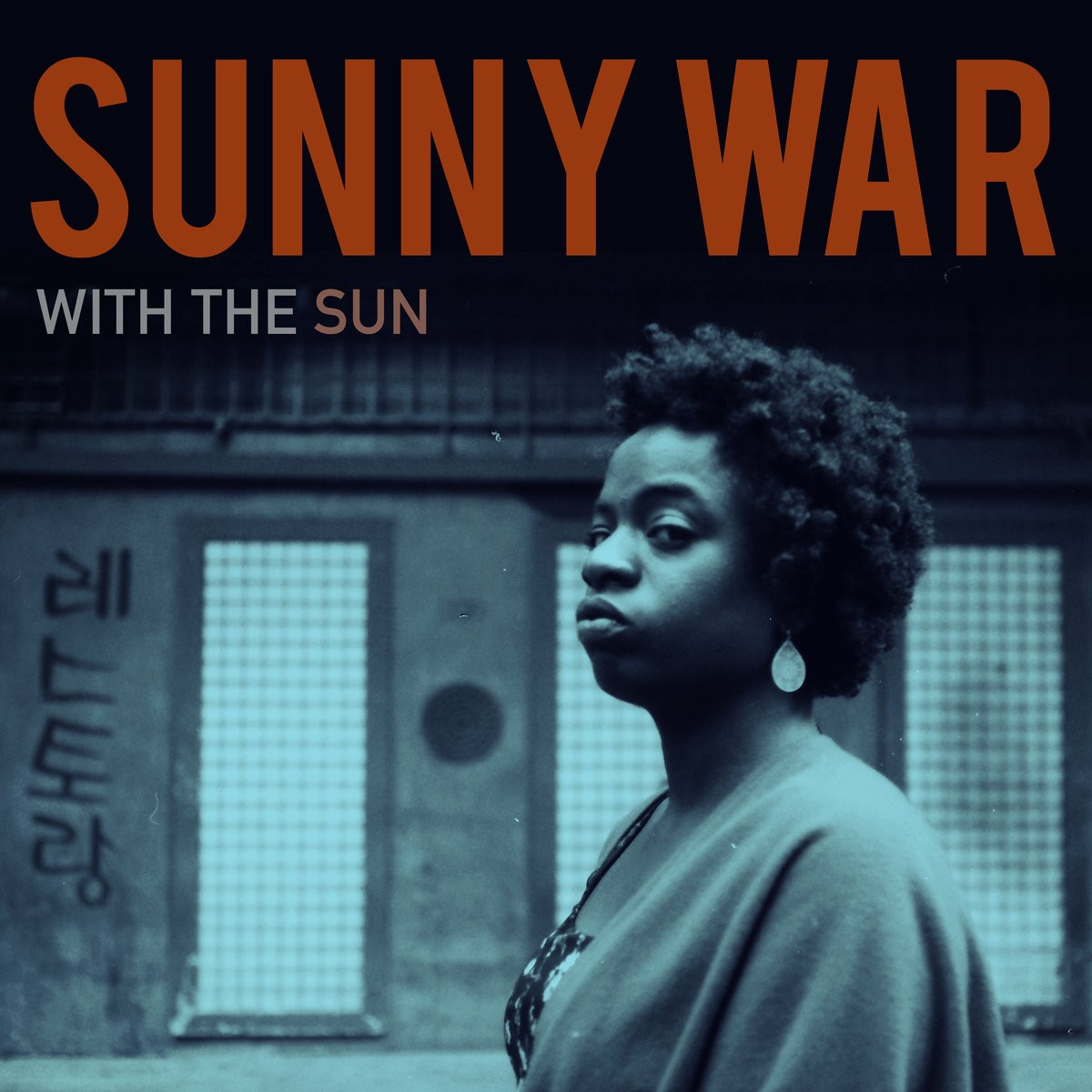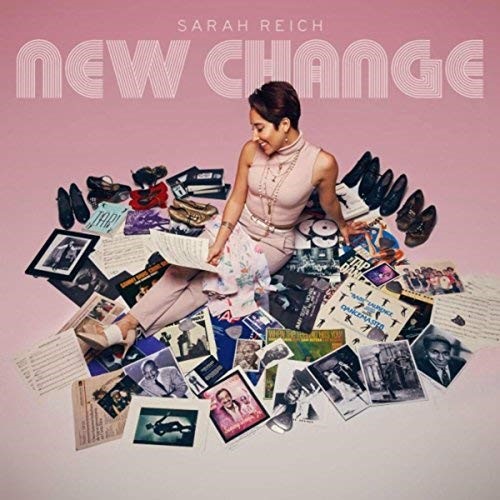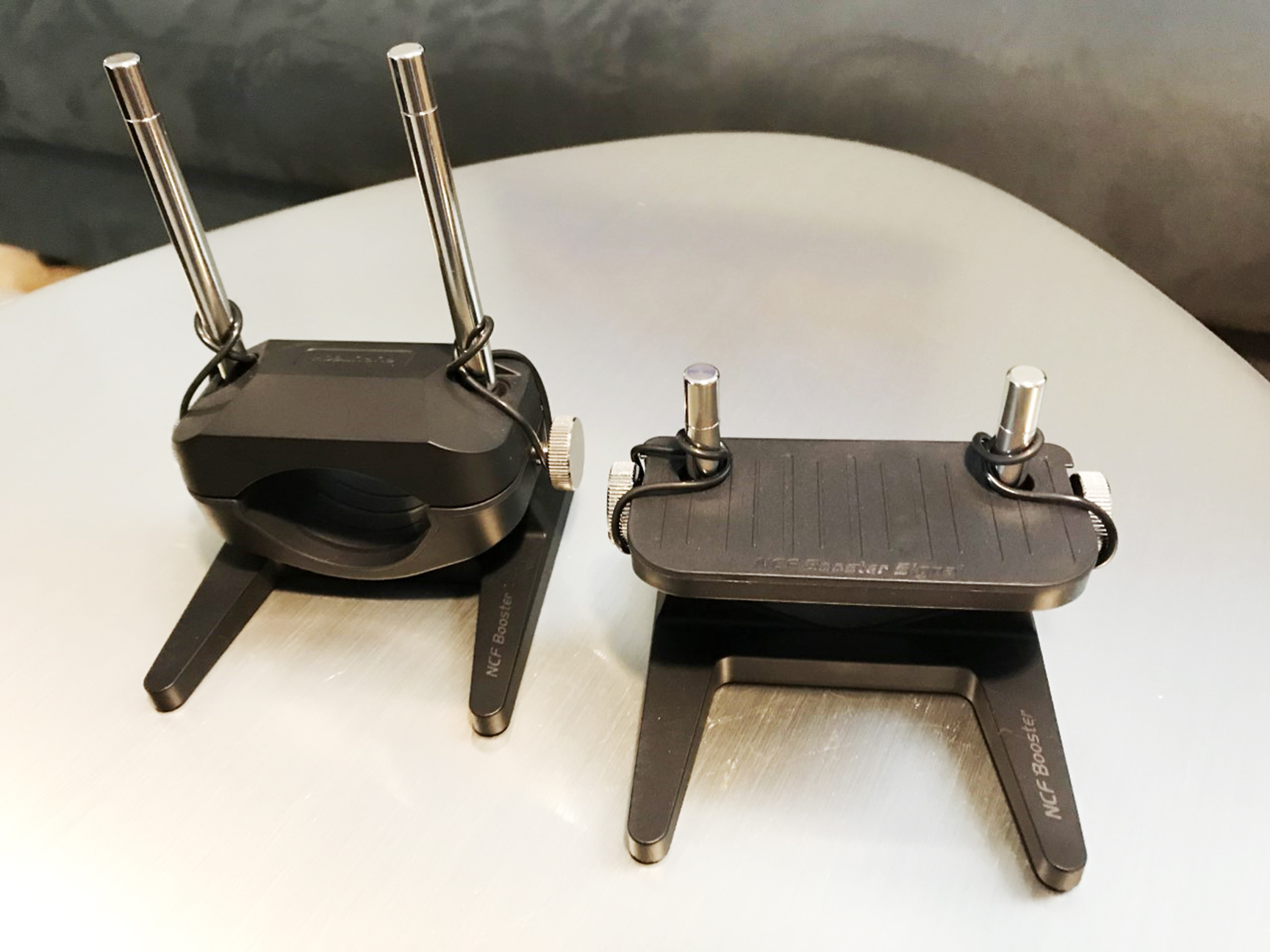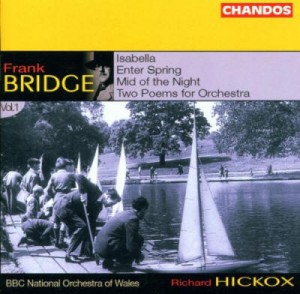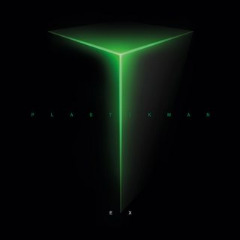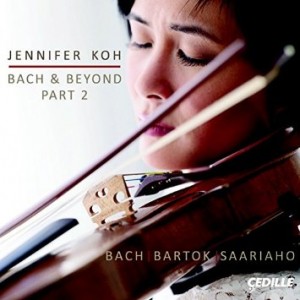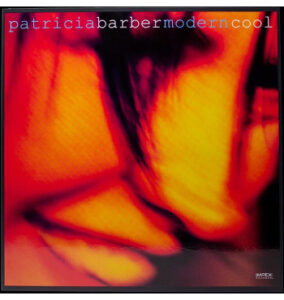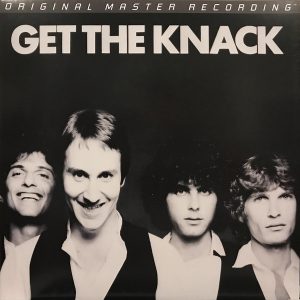ORG Music, ORGM 1040, LP $27.99, available everywhere
For a guy who has owned umpteen copies of Time Out over the years, everything from an early pressing to one of those JVC Super Bit-Mapped CDs to the latest LP remastering from Analogue Productions, my record collection is suspiciously devoid of Dave Brubeck records. Other than a couple of almost-unplayable LPs snapped up at Goodwill, I got nothing. There's no particular reason for this, other than "so many records, so little time."
I've been fortunate, however, to land on ORG Music's mailing list, and I've been thunderstruck at all the great LPs I'm now getting. The most pleasant surprise was getting Dave Brubeck's newly reissued Time In, mastered by Bernie Grundman and pressed at the Pallas Group in Germany. I've mentioned this once or twice, but everything out of the Pallas plant sounds fantastic, with minimal surface noise. So yes, this 1966 album is a winner, the latest in a long line of superb releases over the last few months. All hail ORG!
For those of you as unfamiliar with the rest of Brubeck's catalog as I am, Time In was the last of his famous "Time" series, which started with Time Out in 1959 and included Time Further Out (1961), Countdown—Time in Outer Space (1962) and Time Changes (1964), all performed by the Dave Brubeck Quartet which included Paul Desmond on alto sax, Eugene Wright on bass and the amazing Joe Morello on drums. This classic combo only made a few more recordings after Time In—by 1967 Brubeck was starting to float musicians in and out of his ensembles, although Desmond was a mainstay for many years afterward. The point, of course, is that these four gentlemen formed one of the great jazz ensembles of all time, and by Time In they were an incredibly cohesive unit.
If you compare this recording directly with Time Out, it's softer and more serene but still obviously cut from the same cloth. Some critics have maintained that this album is ultimately more adventurous, even though it doesn't shout its unique time signatures from the rooftops as the earlier recording did. What's obvious to me as a first-time listener is that these four musicians had an incredibly distinct style, and I would have immediately known who was performing without any sort of prompt. Desmond's alto sax is the dead giveaway for me, even more so than Brubeck's tricky piano style—his timbre has also come so close to the clarinet that I spent most of my early years believing that's what he was actually playing.
Joe Morello, on the other hand, is what gets me really excited about Brubeck in general. Sure, there's that classic solo on "Take Five" from Time Out, but there's far more subtlety to the drum work here. Morello knows how to be fast and quiet at the same time, so if you focus deeply you'll be rewarded with dozens of magical little fills and touches. His solos here, such as on "Cassandra," are teases—they should go on much longer. There's no such thing as too much Morello.
As I mentioned, the pressing is superb. I have a confession to make, though—I've never felt that Time Out was the sonic equal of other masterpieces of the time such as Kind of Blue and Way Out West (which I feel is the greatest sounding jazz album ever.) It's always lacked a sufficient amount of center fill to really bring the four musicians together, and the perspective is too distant. (I did hear "Take Five" in the Raidho Acoustics/SimAudio room at RMAF a few weeks ago, though, and that illuminating experience might cause me to re-evaluate my opinion on this.)
Time In represents a forward leap in time, seven years to be exact, but it sounds very similar in many ways—the distance of the musicians from each other, the tendency for everything to sound a bit too far away. Brubeck has always placed himself way to the right of the stage, which makes it easy to hear what he's doing but difficult to hear his leadership of the other three. He's still far to the right on this album, so much so that when he's playing solo—as on the opening moments of the first track "Lost Waltz," you might think the left channel of your hi-fi went dead. Morello is on the opposite side of the stage, so if he's not playing everything seems a little out of balance. This obviously has more to do with Brubeck's preferences in the studio and not the skill of the folks in the control room.
Despite all that, this LP has put two new ideas into my head. First, I need to buy more Brubeck recordings, because I really dig this quartet. Second, I need to tell everyone how great these ORG albums are, and how they are offering this high-quality for prices significantly lower than most of the audiophile labels out there. I have four other ORG albums in the review pile right now—Roland Hanna's Perugia, Shirley Horn's Softly, Hank Jones' Arigato and Les Paul and His Trio's After You've Gone, and each one is spectacular in its own way.
Photographs by Marc Phillips




